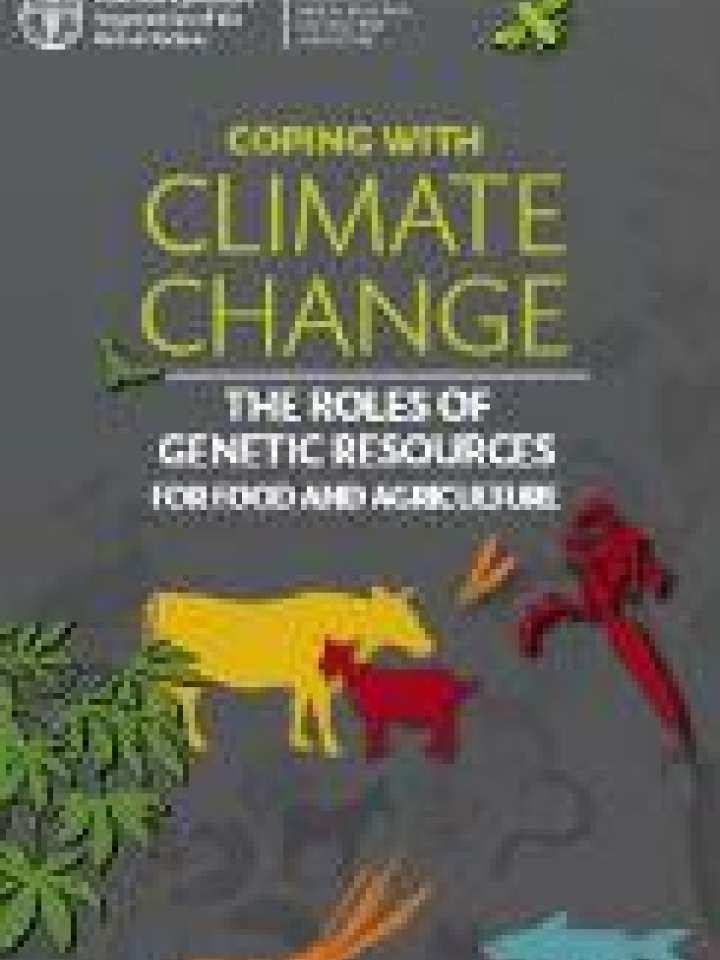Coping with climate change: the roles of genetic resources for food and agriculture
This publication is the summary of the thematic studies conducted by FAO on the interactions between climate change and plant, animal, forest, aquatic, invertebrate and micro-organism genetic resources.
It highlights that genetic resources for food and agriculture play a crucial role in food security, nutrition and livelihoods and in the provision of environmental services. They are key components of sustainability, resilience and adaptability in production systems.
The authors argue that climate change creates the need for a much broader vision of risk management, especially given its potentially catastrophic effects on food production in many developing countries. They recommend an ecosystem approach to meet the challenges of climate change.
The study warns that adapting agriculture, fisheries, aquaculture and forestry to the effects of climate change will be imperative for survival. It assesses the impacts of climate change on agriculture, forestry, aquaculture and fisheries and adds that it is vital that the genetic diversity needed to adapt agriculture and food production. Finally, it offers practical solutions for adapting to climate change.
Explore further
